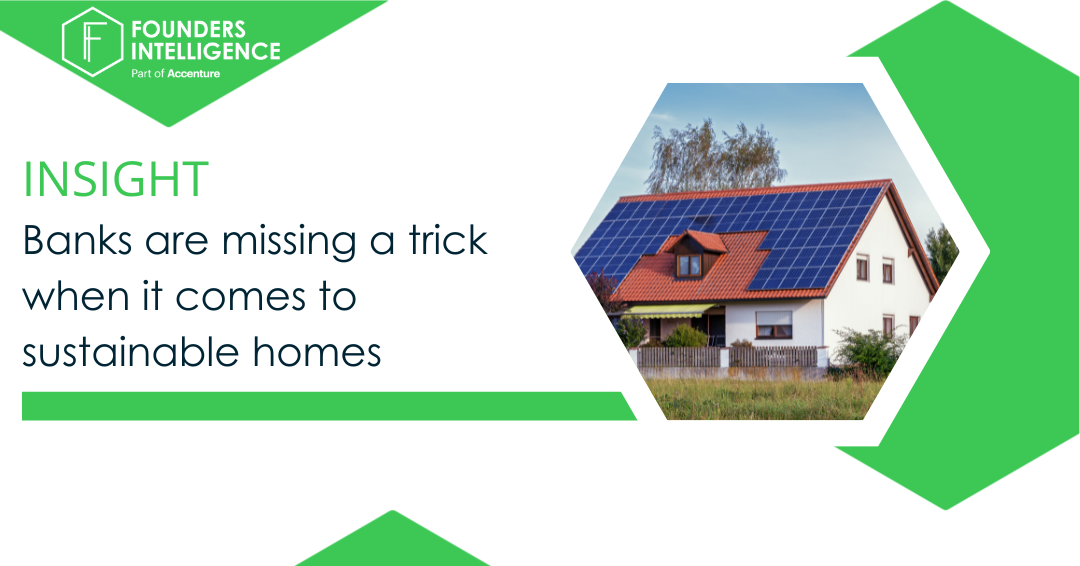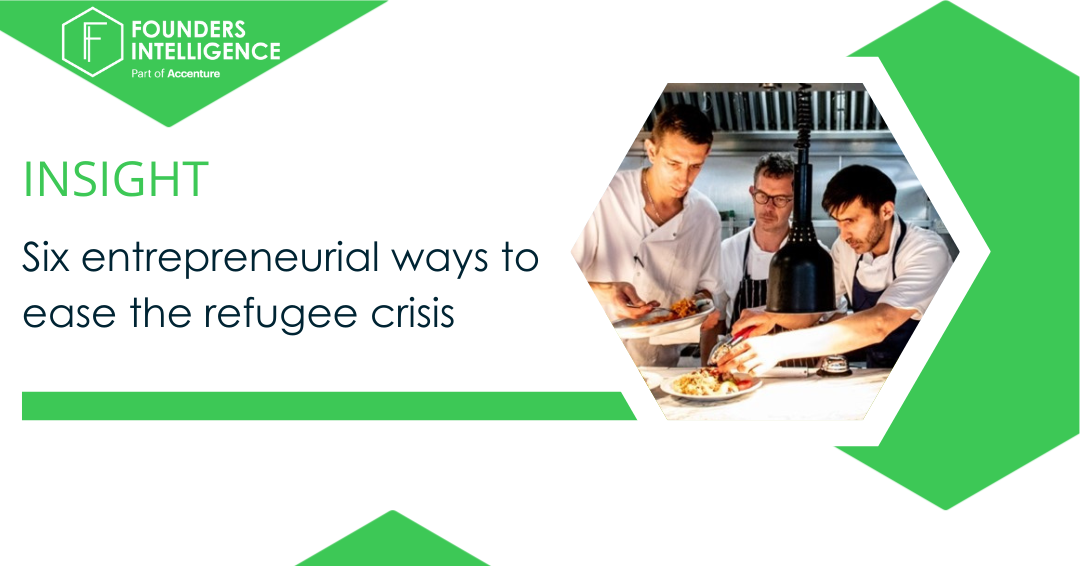Keeping one eye on the agri-food tech innovations that could transform your business
Venture capital investment in the global agri-food tech space has grown from $1bn to $27bn in just ten years. And it’s not stopping there, which is why established food producers need to take notice.
Alongside the digital and data revolution that is transforming every sector, there is a more profound challenge shaping the food industry – a growing global population and a finite resource. That’s a problem that needs innovative solutions – and fast.
As a company looking to invest in, or learn from, the big-time disrupters of tomorrow, where should you put your money?
Here we take a tour of the agri-food categories that will be cooking up a storm by 2030.
What’s happening right now?
Before we jump into the future, it’s worth having a closer look at the recent past. Funding has increased rapidly since 2011 across areas such as AgTech, food delivery and intermediaries, process efficiency and waste reduction, food suppliers, discovery and review, and bio-engineered foods.
In 2020, food delivery and intermediary start-ups were the biggest recipients of investment, as they have been for much of the previous decade. But the total number of deals completed in this area was smaller than in others such as bio-engineered foods.
In short, investors are broadening their view of where growth is going to come.
There has been a regional shift too, with Asia, most notably China, attracting similar levels of investment to the US, the main player for many years. Why does this matter to you? Following the VC money is a clear indication of where the most potential for growth is.
Five innovations to keep your eye on
With that in mind we’ve picked out the categories, within the areas of agri-food tech mentioned above, which are experiencing high levels of activity.
Bio-engineered food – alternative protein
As the world seeks to find greener and more ethical alternatives to meat, investment in alternative protein surged to $3.1bn last year. Impact investor Blue Horizon predicts one tenth of protein will come from alternative sources by 2035. While plant-based start-ups are fast maturing, interest is turning to cell-based solutions, such as lab-grown meat, and the huge Asian market for it.
One start-up you should watch: Eat Just. The US company has received the world’s first regulatory approval for lab-grown meat, for sale of products in Singapore, and has raised $610m of Series F funding.
Food delivery and intermediaries – delivery apps and marketplaces
For obvious reasons the pandemic and the lockdowns that came with it led to a boom in food delivery services. Start-ups have saturated the delivery side which means mergers and acquisitions are likely, so investors are looking at other parts of the chain for opportunities. For example, delivery-only dark kitchens, ultra-fast grocery delivery (where 2021 funding is already six times that of 2020) and robotic delivery services.
One start-up you should watch: nuro. A Softbank-backed autonomous delivery vehicle company that has approval to deploy 5,000 vehicles in the US and recently raised $1,5bn of Series C funding.
Discovery and review – personalised nutrition
As technology advances in leaps and bounds, the ability to closely monitor every aspect of your wellbeing will increase. That opens the door to hyper-personalised nutritional services, perhaps even involving supplements from a 3D printer. There is still some way to go before the tech hits the spot, but the market for bespoke nutritional solutions to specific health issues clearly exists.
One start-up you should watch: gini. A DNA-powered personal supplement business that provides customers with exactly what they need based on their genes, health goals and lifestyle. It has been backed by $0.1m of accelerator funding.
AgTech – indoor farming
$1.9bn was invested in indoor farming in 2020, that includes vertical farms in urban centres producing fruit, vegetables and insects. Although there are some questions about the viability of maintaining a controlled environment , the imperative to reduce food miles and the amount of land needed for farming isn’t going away. That’s why the market in vertically farmed crops is expected to be more than $1bn by 2027.
One start-up you should watch: infarm. A producer of modular, hydroponic vertical farms that enable leafy greens and herbs to be grown in restaurants, retailers and distribution centres. The company has been back by $405m of Series C funding.
Efficiency and waste reduction – food waste and traceability
Consumers are pushing corporations to produce food more sustainably and efficiently. This includes cutting waste, meeting zero carbon targets and maintaining fast eroding topsoil. A host of start-ups are pioneering new technologies to help them achieve these goals. This year alone VC investors in the US are expected to complete $7.7bn worth of clean-tech deals.
One start-up you should watch: Winnow. The company’s computer vision AI technology recognises, measures and records food thrown away in commercial kitchens, helping them cut food costs. It has raised $32m in Series B investment.
Following investors down the path to growth
This is just a snapshot of what’s going on in the world agri-food tech start ups. But it’s a reminder of the level of innovation that’s bubbling away.
Investors are experts at spotting the future of a market, which is why it’s always worth checking in on where they’re putting their money. It’ll give your business a heads up into the areas it should be focussing on if it wants to win big tomorrow rather than simply repeating what works today.
We’d love to talk to you more about the latest developments in the agri-food tech sector. If you want to find out more, get in touch with Laura Swan




